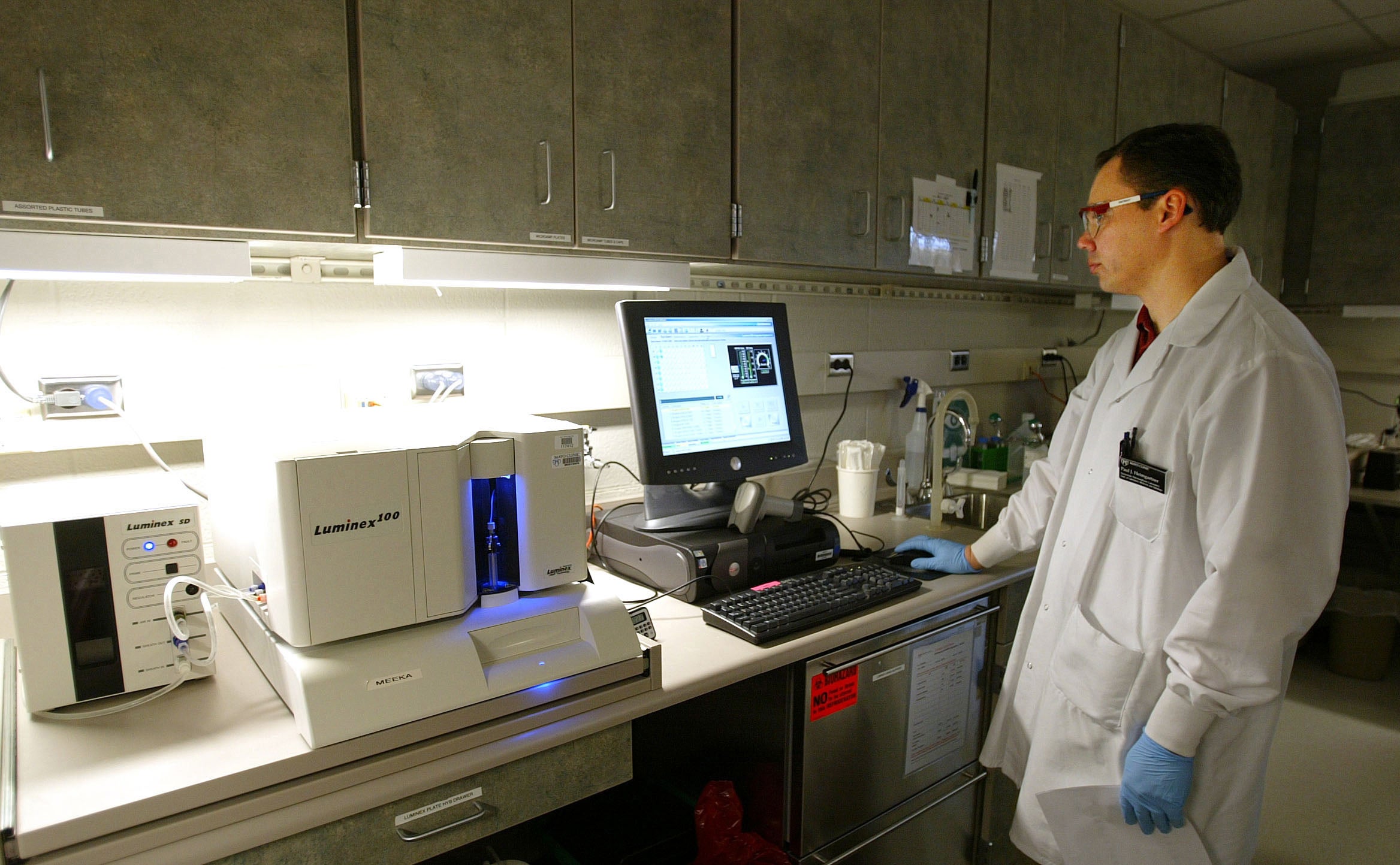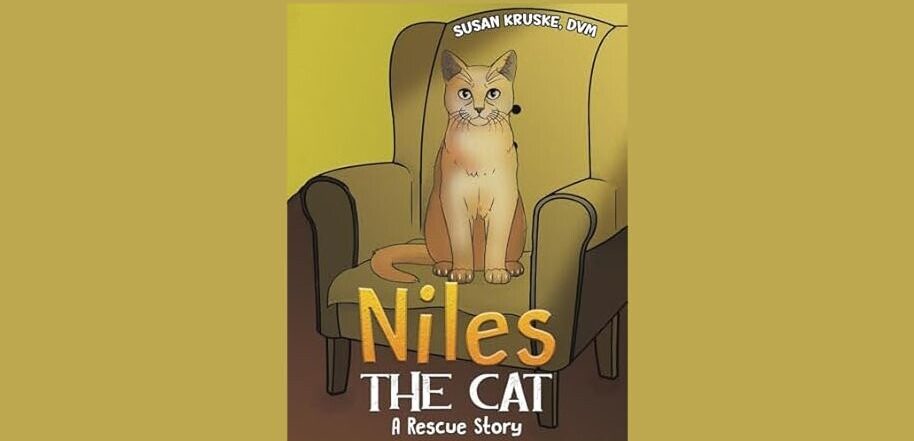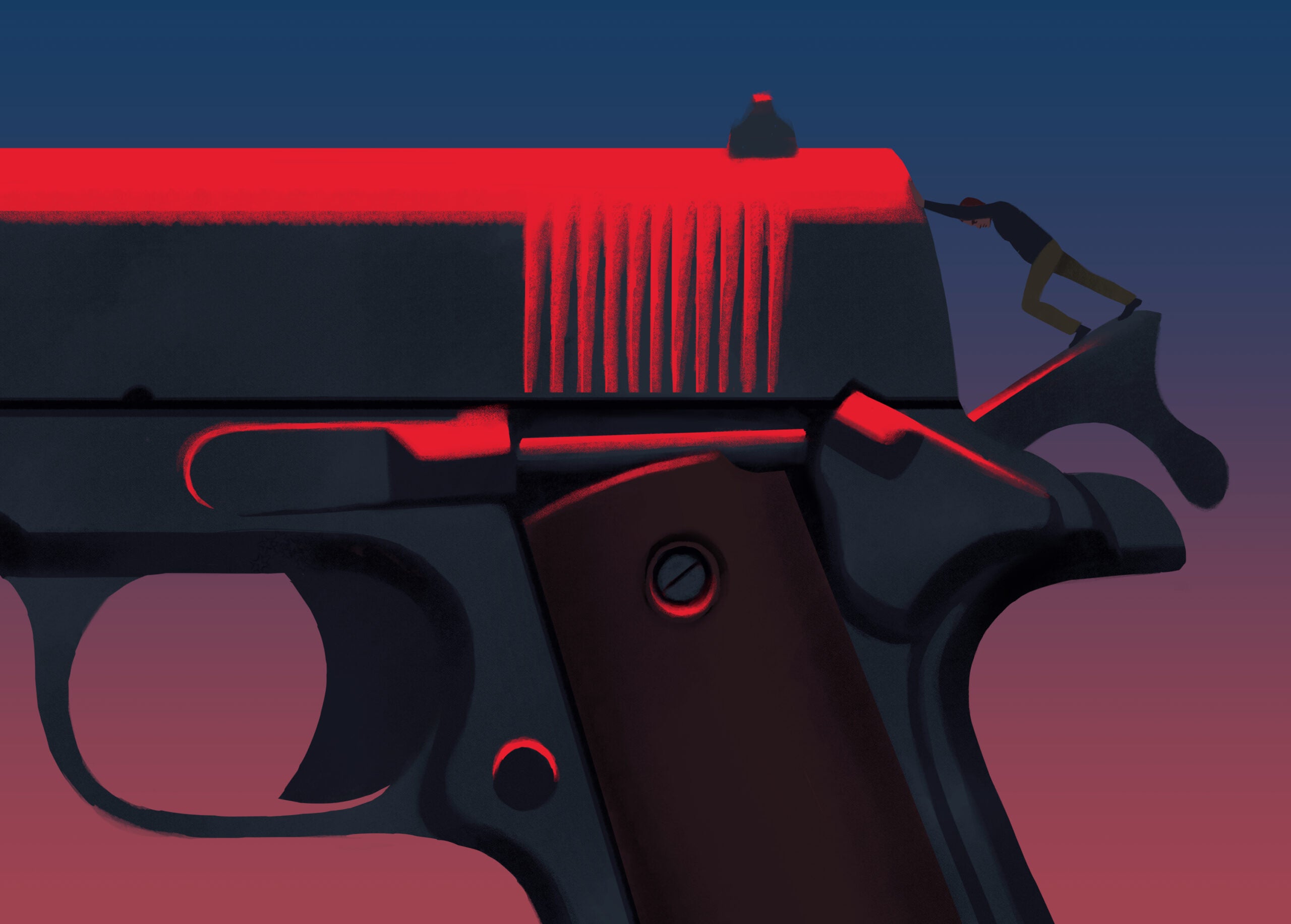A former Portage County sheriff details some of the memorable events of his law enforcement career in his new book, including the fight he led against a paramilitary, white supremacist group that took over a central Wisconsin community in the 1980s and how he witnessed one of the most infamous outdoor concerts in state history.
Dan Hintz delved into the 1984 encounter with the Posse Comitatus in his new book, “In Pursuit of Justice, Memoirs of a Small-Town Sheriff.” Hintz was in charge of a regional effort to remove the heavily armed group, which was described by the FBI as domestic terrorists, from a fortified compound in rural Tigerton Dells.
Hintz said the group had a formidable presence from the outside.
News with a little more humanity
WPR’s “Wisconsin Today” newsletter keeps you connected to the state you love without feeling overwhelmed. No paywall. No agenda. No corporate filter.
“They had signs all over indicating any federal agents stepping on the property would be shot. The survivors would be prosecuted,” he said.
He said an early morning raid took the Posse Comitatus by surprise after they ignored a face-to-face ultimatum.
“‘Move, you will. You are going to be removed. I would love to avoid bloodshed. You’ve got women and children in this compound with you,’” he said was the message.
The Posse Comitatus was subsequently evicted without a shot being fired.
Earlier in his career, Hintz was also witness to history when he saw what happened at the Iola Rock Festival, which occurred 45 years ago this past week. He also described the mayhem that happened in his book.
An estimated 50,000 people attended the concert the weekend of June 28, 1970, on a farm near the central Wisconsin town of Iola.
Hintz, who was a deputy sheriff at the time, was there when a fight broke out between gun-wielding bikers and thousands of hippies.
“And there were thousands with sticks and fence posts and pieces of wire, you name it,” he said. “The cyclists hopped on their bikes with one person facing forward, the other backwards, shooting back at the crowd, and there were at least three people hit. The people stacked the motorcycles on a pile and torched them.”
No one was killed in the incident.
However, the outcome prompted dozens of counties to change their laws for public gatherings. Within a year, 65 of Wisconsin’s 72 counties had passed laws restricting mass gatherings.
Wisconsin Public Radio, © Copyright 2025, Board of Regents of the University of Wisconsin System and Wisconsin Educational Communications Board.






